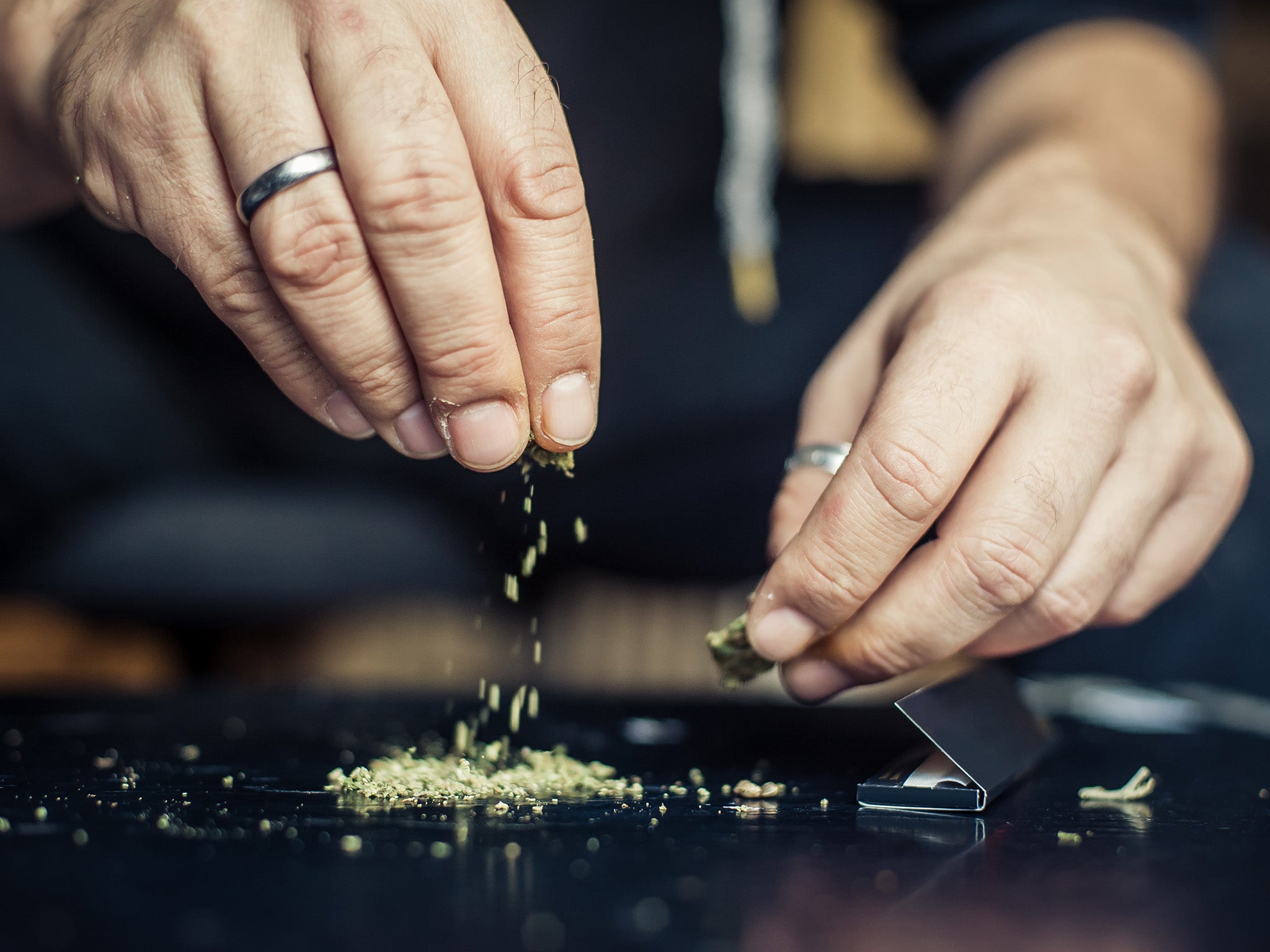Illinois offers reparations as it legalises cannabis
New law being celebrated for in-depth approach to making cannabis accessible for all through reparations

Your support helps us to tell the story
From reproductive rights to climate change to Big Tech, The Independent is on the ground when the story is developing. Whether it's investigating the financials of Elon Musk's pro-Trump PAC or producing our latest documentary, 'The A Word', which shines a light on the American women fighting for reproductive rights, we know how important it is to parse out the facts from the messaging.
At such a critical moment in US history, we need reporters on the ground. Your donation allows us to keep sending journalists to speak to both sides of the story.
The Independent is trusted by Americans across the entire political spectrum. And unlike many other quality news outlets, we choose not to lock Americans out of our reporting and analysis with paywalls. We believe quality journalism should be available to everyone, paid for by those who can afford it.
Your support makes all the difference.Illinois, the 11th US state to legalise cannabis, is the first to include reparations in their cannabis bill.
Signed into law on Tuesday by Governor JB Pritzker, the bill legalises and regulates recreational marijuana for adults in the midwestern state.
The law establishes a system similar to those in Colorado and Washington with one vital difference: it takes into account communities systematically targeted in the so-called "war on drugs.
Cannabis advocates have stressed the need to include reparations in legalizations to compensate communities that have suffered disproportionately from cannabis criminalization, and are celebrating the Illinois law.
These communities, such as low income areas of colour, will be given extra consideration and a “leg up” through subsidised licensing fees and low interest loans as their residents apply for a license to operate dispensaries and growing shops before the law is implemented on January 1, 2020.
ThinkProgress reports that these same communities will see funds that the state generates through cannabis returned to them through direct investment. 25 per cent of the new cannabis revenue will be allocated to the “R3 program”, which stands for “Restore, Reinvest, and Renew”.
In addition, the law will expunge arrests the records of those arrested for cannabis possession that were carrying below an ounce (.02 kgs) of the substance. The state also plans to present all prior convictions for cannabis possession before the governor to request clemency.
Governor Pritzker hopes to erase nearly 800,000 people’s criminal records and arrest history for “minor cannabis crimes”.
Join our commenting forum
Join thought-provoking conversations, follow other Independent readers and see their replies
Comments